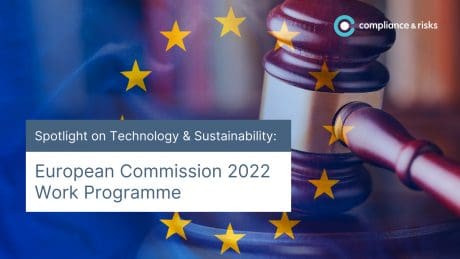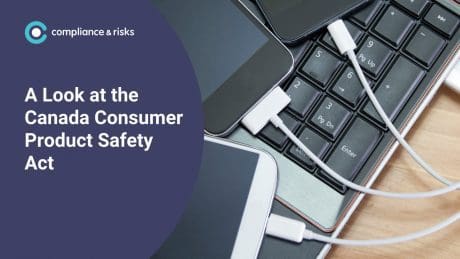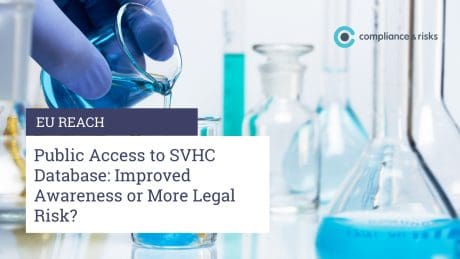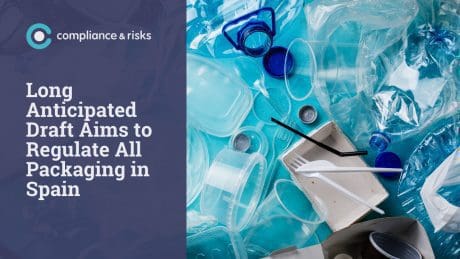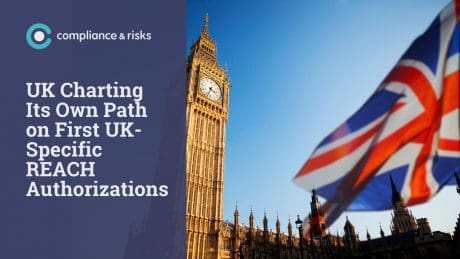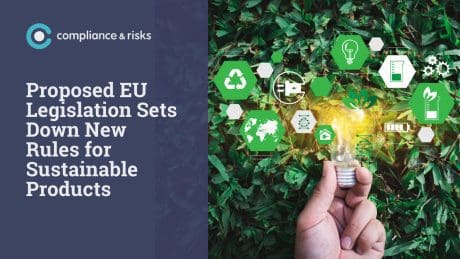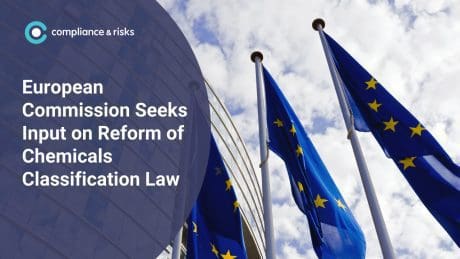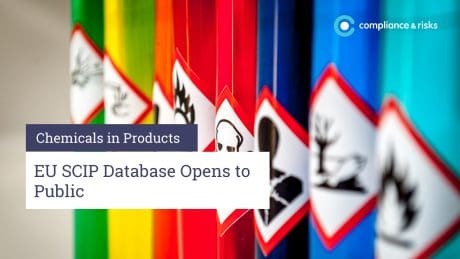
COVID-19 Regulatory Developments: Update 2
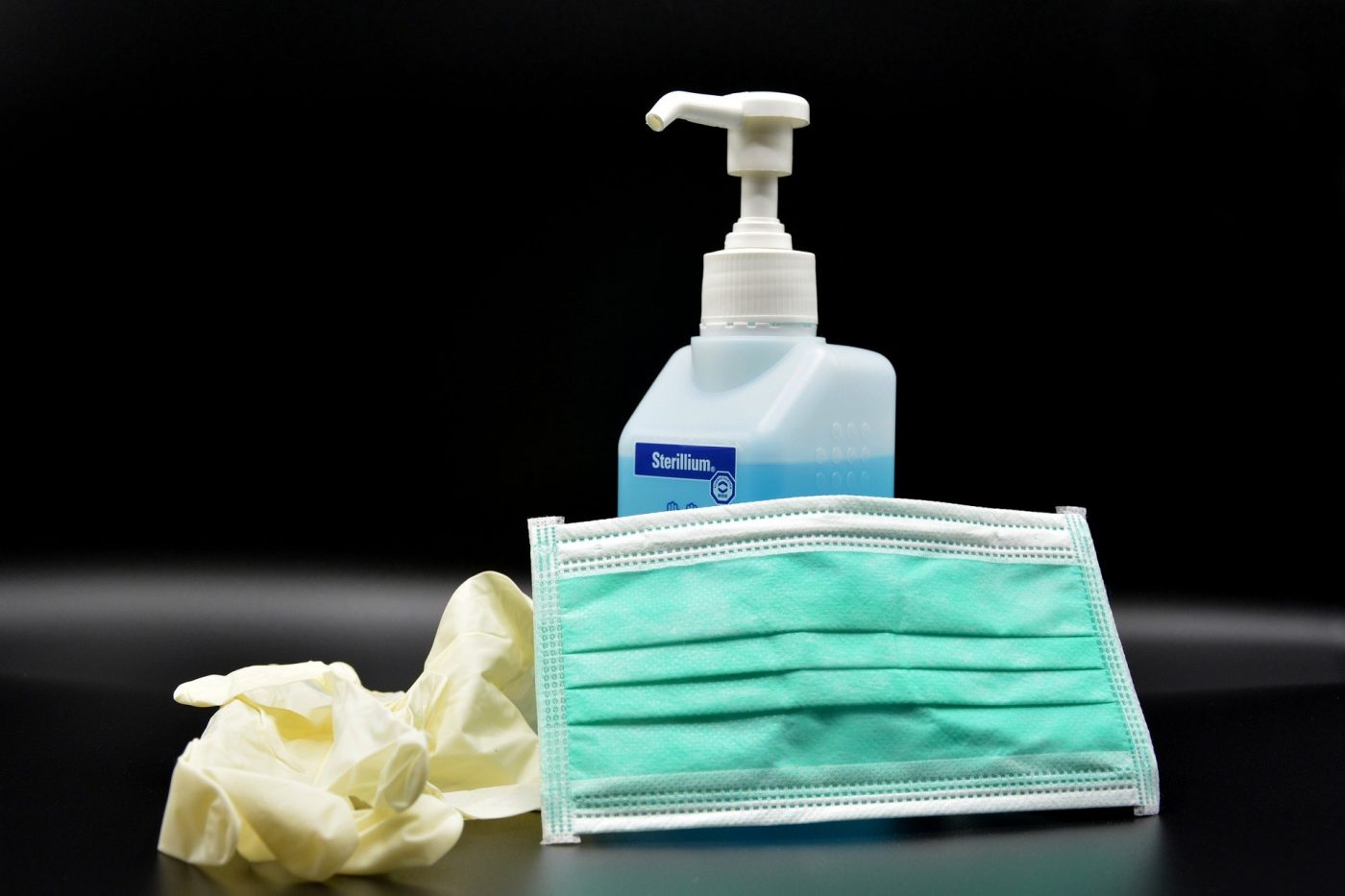
The outbreak of the COVID-19 pandemic has resulted in countries adapting their regulatory landscape to accommodate and mitigate the unprecedented disruptions to companies and individuals. Through regular updates, Compliance & Risks will closely monitor the situation and inform our clients of the latest global regulatory developments in relation to COVID-19 relevant to their topics, along with updates on items which may be of interest outside our topics.
This is the second regulatory update and is a follow on to our first COVID-19 update. This covers the period from 25 March to 3 April 2020.
Impact on Certification and Product Safety
In Brazil, the services of accreditation assessment of laboratories and certification & inspection bodies, carried out by INMETRO, through the General Coordination for Accreditation, are suspended for 90 days, where the presence of technicians onsite is required. Certification bodies will still be operating albeit in a limited capacity. Inspections will still be carried out in exceptional circumstances for complaints and evidence of abuse against consumers. This announcement was made on 24 March 2020. An Ordinance provides further guidelines on how certification bodies will deal with certificates that expire during the state of emergency. Among other things, the validity of conformity certificates is extended until 10 May 2020 (date of the end of the emergency state in Brazil).
In Russia, important recommendations on temporary suspension of inspection controls, conformity assessment and certification procedures have been issued by the Ministry of Industry and Trade, the Ministry of Economic Development and Federal Accreditation Committee. The recommendations apply to products manufactured in countries with poor epidemiological conditions due to COVID-19. Unfortunately, the list of targeted countries is not provided. The recommendations mainly inform certification bodies about the possibility to suspend all inspection controls and manufacturing audits for products exported to Russia and the Eurasian Economic Union.
The Accreditation Body of Serbia has announced they would continue to carry out all scheduled assessments until the end of the state of emergency. However, depending on the type of assessments, alternative procedures will be implemented using one of the permitted assessment techniques. These will exclude on-site assessment visits by the conformity assessment body. Further information on provisional procedures for initial assessment, regular assessment in the accreditation cycle and re-evaluation is available here.
Impact on Data Protection
The Turkish Data Protection Authority (DPA) has published guidelines explaining the rules and measures to be followed in order to mitigate privacy related risks during the ongoing COVID-19 pandemic. The Authority stressed that, even in these exceptional circumstances, data controllers and data processors shall ensure continued compliance with the Data Protection Law No. 6698, 2016. In that regard, the DPA reiterated the importance to adhere to the general principles of proportionality, data minimization and confidentially. As well as underlining the relevant legal grounds of the law, the DPA provides a useful FAQ addressing specific data related issues that may arise during the current pandemic. These guidelines may be found here.
In Brazil, growing uncertainty remains as to whether the long-awaited entry into force of the Protection of Personal Data, Law No. 13.709/2018 (the LGPD) will occur in light of the current COVID-19 pandemic. Adopted in 2018, the law is scheduled to take effect in August of this year. This follows an almost two-year wait following an initial delay to its entry into force last year through Law No. 13.853/2019. Before the outbreak, Bill No. 5762/2019 proposed extending the date of entry into force to August 2022. This Bill may become the subject of increasing focus by legislatures in the coming months if concerns grow regarding companies’ readiness for the LGPD’s obligations in light of the ongoing pandemic. Furthermore, the LGPD may meet practical difficulties to its implementation. The Executive and Legislative powers are likely to prioritize measures aimed at fighting COVID-19 as well as its economic and social implications over the coming weeks or months. Therefore, this could see measures associated with establishing the National Data Protection Authority (ANPD), which will oversee the implementation of the LGDP, delayed.
Waste Electrical and Electronic Equipment (WEEE)
In Germany, COVID-19 prompted Stiftung Ear and the German Federal Environment Agency to extend the deadline for the submission of annual statistics reports. This extension applies to all notifying parties including manufacturers, public waste disposal companies, distributors and owners who are subject to disposal. Notifying parties may now submit 2019 reports until the 31 May 2020.
Environmental Health & Safety
In the United States, the Environment Protection Agency (EPA) released a Memorandum in which the Agency announced they would exercise their discretion in the enforcement of environmental regulations. The Agency released a temporary environmental enforcement policy to deal with non-compliance resulting from the COVID-19 pandemic. The EPA clarified that they will not seek penalties for non-compliance with routine monitoring and reporting requirements, if, after a case-by-case evaluation, EPA agrees that non-compliance can be attributed to the COVID-19 situation. Further information may be found in the the EPA’s Press Release available here. Important updates on COVID-19 are regularly released on this webpage.
Batteries
The Italian Government released a decree law which introduces further measures to deal with the situation caused by COVID-19. The text contains special provisions for batteries. In particular, it extends until 30 June 2020 the deadline to submit annual data relating to batteries and accumulators placed on the national market in the previous year. Is also extended until 30 June 2020, the submission deadlines for the following elements:
- single environmental declaration forms (MUD)
- data relating to the collection and recycling of portable, industrial and vehicle batteries and accumulators
- payment of the annual registration to the National Register of environmental managers
Impacts to Import/Export Procedures
The Canada Border Services Agency (CBSA) released a Custom Notice allowing a deferral of customs duty (Goods and Services Tax) and sales tax (Harmonized Sales Tax) in order to alleviate the economic impacts of COVID-19 on Canadian businesses. These measures enable companies to defer their payment obligations for imported goods until 1 June 2020. Additional guidance from the CBSA is available here. In addition, Customs Notice 20-10 offers a 45 working days grace period for late accounting penalties. Importers will not be required to submit an application to benefit from the scheme. The waive of accounting penalties applies to transactions released from 11 March 2020 to 14 May 2020 inclusively.
In India, CHEMEXCIL announced that all applications for certification of origin must be submitted online until further notice. On 28 March 2020, CHEMEXCIL released an important DGFT Trade Notice informing their members of the retrospective issuance of certificates of origin under India’s trade Agreements. Certificates will be issued retrospectively by the concerned Indian agencies after they open their offices.
On 26 March 2020, The Secretariat of Economy (SE) of Mexico allowed the importation of products without the need to present the Mexican Certificate of Conformity at Customs. This temporary measure will apply until further notice. The decision can be consulted in the SE Document 414.2020.827 relating to the importation of goods subject to compliance with Official Mexican Standards.
Breaking Developments for Medical Supplies
In Russia, the Federal Customs announced the suspension of import tax on essential consumer goods from 20 March until 20 April 2020. This measure has come as a result of the Eurasian Economic Commission Decision No. 21 which determines the list of products concerned by the suspension of import tariffs. The duty relief on importation primarily applies to personal protective equipment, disinfectants, certain drugs and other medical equipment specifically listed in Decision No.21. These products will also benefit from simplified customs clearance rules and procedures. A ban on the export of PPE, disinfectant agents and medical devices is also in place until 30 September 2020 following the Decision of the ECE board.
The Australian Government has taken a similar approach by restricting the export of certain disposable masks, gowns, disposable gloves, alcohol wipes, hand sanitisers, goggles, glasses and eye visors. More information is available in the Australian Custom’s Notice here.
The Canada Border Services Agency issued a Customs Notice 20-12 on tariff classification and other useful information for the importation of medical supplies. Some medical supplies considered as emergency goods may qualify for duty and tax relief under Customs Notice 20-08 on Imported Goods for Emergency Use in Response to COVID-19. Importers of medical devices must add the term ‘URGENT-COVID-19’ for goods description in the release information submitted to the CBSA.
In Turkey, the Ministry of Commerce has published two Communiques restricting the export of several products deemed essential in the national fight against COVID-19. Communique No. 2020/4 provides that the export of several products under the scope of the Personal Protective Equipment Regulation and/or the Medical Device Regulations are subject to pre-permission of the Turkish Pharmaceuticals and Medical Devices Agency. Communique No. 2020/5 extended the list of exported goods which are subject to pre-permission and registration to include ethyl alcohol, cologne, disinfectant, hydrogen peroxide, and melt blown fabric.
On 20 March 2020, the European Union made freely available a series of 11 European standards for medical supplies. In addition to these, the EU Commission is constantly working on developing new guidance to assist manufactures in increasing the production of medical supplies with a particular focus on sanitizers, masks and personal protective equipment. Three recent guidance documents help clarify the legal framework and certification procedures applicable to the production and placing on the market of PPE, hydro-alcohol gels and 3D principled products for medical use. These documents are freely accessible here.
In a proposed amendment to the Medical Devices Regulation 2017/745, the EU Commission proposes to defer the date of application of certain provisions to 26 May 2021 to ensure continuity of medical devices on the Union market during the crisis.
The flow of EU legislation in relation to COVID-19 is particularly significant. All legislative and regulatory developments can be tracked here.
Norway released Regulations on digital infection detection and epidemic control in connection with an outbreak of COVID-19. Per the Regulations, the Norwegian Institute of Public Health can establish a system for digital and automated tracking of close contacts to persons infected by COVID-19. The tracking system will use an application tool on the participants’ mobile phone to identify who has been in close contact with infected people. Use of the application tool should be voluntary and accompanied by comprehensive, understandable and easily accessible information, including the processing of personal data.
